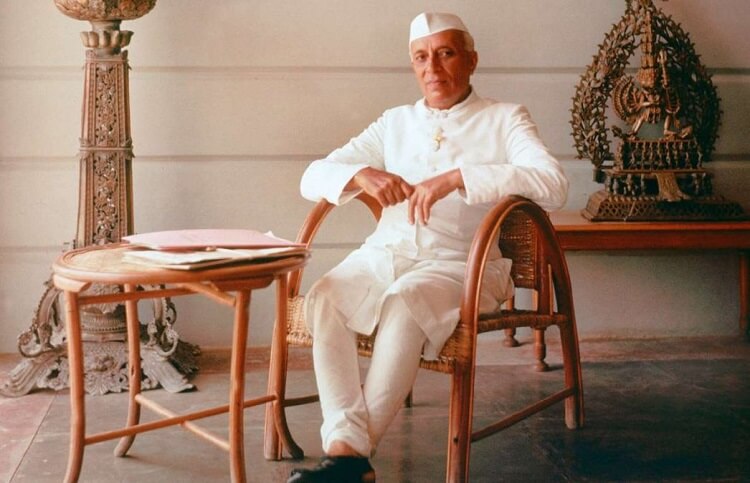
India, a land of diverse cultures, languages, and traditions, owes much of its modern identity to its first Prime Minister, Jawaharlal Nehru. His vision for a secular, democratic, and socialist India laid the foundation for the nation’s progress after gaining independence in 1947. However, in recent years, the Bharatiya Janata Party (BJP) has shown a tendency to downplay Nehru’s contributions and rewrite history.
Jawaharlal Nehru, a key figure in the Indian independence movement, became the first Prime Minister of independent India in 1947. His vision for the nation was rooted in secularism, democracy, and socialism. Nehru believed in building a modern, industrialized, and self-reliant India that valued scientific temper and rational thinking. His policies laid the groundwork for the establishment of institutions like the Planning Commission, which played a crucial role in shaping the country’s economic development.
Secularism was another cornerstone of Nehru’s vision. He championed the idea of a nation where people of all religions coexist harmoniously. This commitment to secularism is reflected in the drafting of the Indian Constitution, which guarantees freedom of religion and equal rights to all citizens, irrespective of their faith.
Nehru’s emphasis on education as a means of nation-building led to the establishment of premier institutions like the Indian Institutes of Technology (IITs) and the Indian Institutes of Management (IIMs). His focus on scientific temper and rational thinking contributed to the growth of the scientific community in the country.
BJP’s Attempt to Erase Nehru
In recent years, there has been a discernible effort by the BJP to downplay Nehru’s contributions to the nation. This is evident in the marginalization of Nehru’s legacy in school textbooks, public discourse, and official commemorations. The renaming of government schemes, institutions, and landmarks previously named after Nehru is a clear attempt to rewrite history and redefine India’s narrative.
One prominent example is the Pradhan Mantri Jan Dhan Yojana, a financial inclusion program launched in 2014. Originally named after Nehru, the scheme was renamed by the BJP government, erasing the memory of the man who played a pivotal role in shaping India’s destiny.
The Impact of Nehru’s Absence
To understand the potential consequences of sidelining Nehru’s legacy, it is essential to explore what India might have been without his influence.
Economic Development:
Nehru’s emphasis on planned economic development laid the foundation for India’s industrialization. The five-year plans and the establishment of the Planning Commission were instrumental in steering the country towards economic self-sufficiency. Without Nehru’s vision, India might have struggled to achieve the economic progress witnessed in the post-independence era.
Secularism and Social Harmony:
Nehru’s commitment to secularism played a crucial role in fostering social harmony and unity among India’s diverse religious communities. Without his influence, India might have faced greater religious tensions, hindering the nation’s ability to build a cohesive identity.
Education and Scientific Temper:
The focus on education and scientific temper under Nehru’s leadership led to the establishment of institutions that have produced some of the brightest minds in India. Without Nehru’s commitment to education, the country might have lagged behind in scientific and technological advancements.
Foreign Policy:
Nehru’s non-aligned foreign policy allowed India to maintain its independence and not align with any major power bloc during the Cold War. This diplomatic stance helped India assert itself on the global stage. Without Nehru’s strategic foresight, India might have been entangled in the conflicts of the Cold War era, potentially affecting its sovereignty.
Jawaharlal Nehru’s contributions to India are undeniable, and his vision for a secular, democratic, and socialist nation has left an indelible mark on the country. The attempts by the BJP to erase Nehru from India’s narrative raise concerns about the nation’s historical identity and the values that have shaped its progress. While political ideologies may differ, acknowledging the contributions of leaders like Nehru is crucial for a comprehensive understanding of India’s journey towards becoming a modern, democratic nation. Ignoring or downplaying Nehru’s legacy risks distorting the historical narrative and undermines the principles that have guided India’s growth and development.
